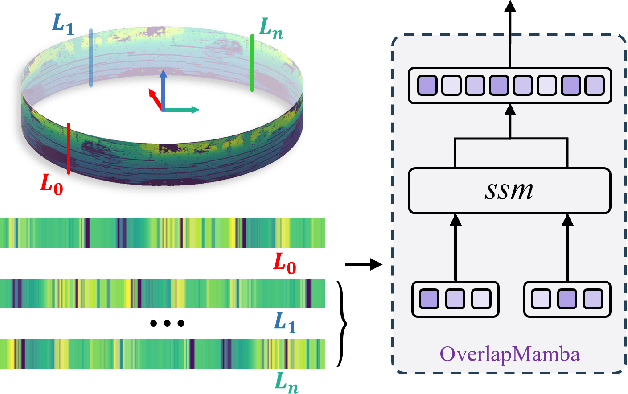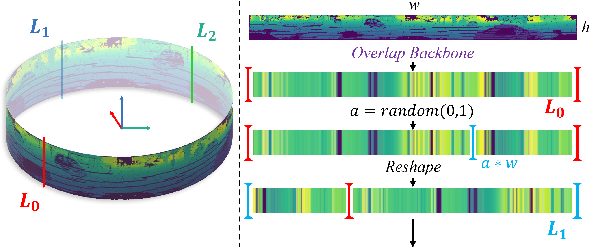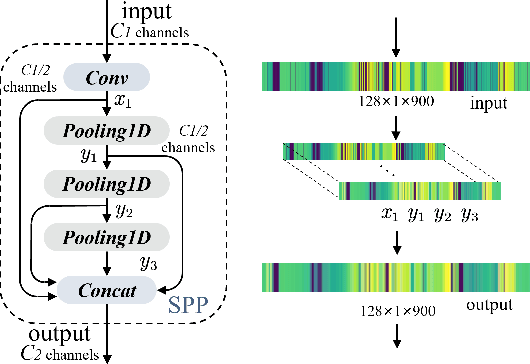OverlapMamba: Novel Shift State Space Model for LiDAR-based Place Recognition
Paper and Code
May 13, 2024



Place recognition is the foundation for enabling autonomous systems to achieve independent decision-making and safe operations. It is also crucial in tasks such as loop closure detection and global localization within SLAM. Previous methods utilize mundane point cloud representations as input and deep learning-based LiDAR-based Place Recognition (LPR) approaches employing different point cloud image inputs with convolutional neural networks (CNNs) or transformer architectures. However, the recently proposed Mamba deep learning model, combined with state space models (SSMs), holds great potential for long sequence modeling. Therefore, we developed OverlapMamba, a novel network for place recognition, which represents input range views (RVs) as sequences. In a novel way, we employ a stochastic reconstruction approach to build shift state space models, compressing the visual representation. Evaluated on three different public datasets, our method effectively detects loop closures, showing robustness even when traversing previously visited locations from different directions. Relying on raw range view inputs, it outperforms typical LiDAR and multi-view combination methods in time complexity and speed, indicating strong place recognition capabilities and real-time efficiency.
 Add to Chrome
Add to Chrome Add to Firefox
Add to Firefox Add to Edge
Add to Edge